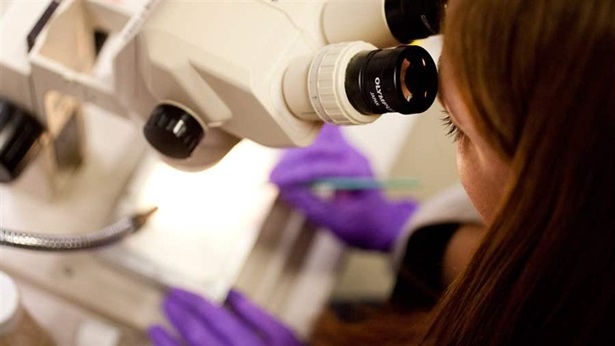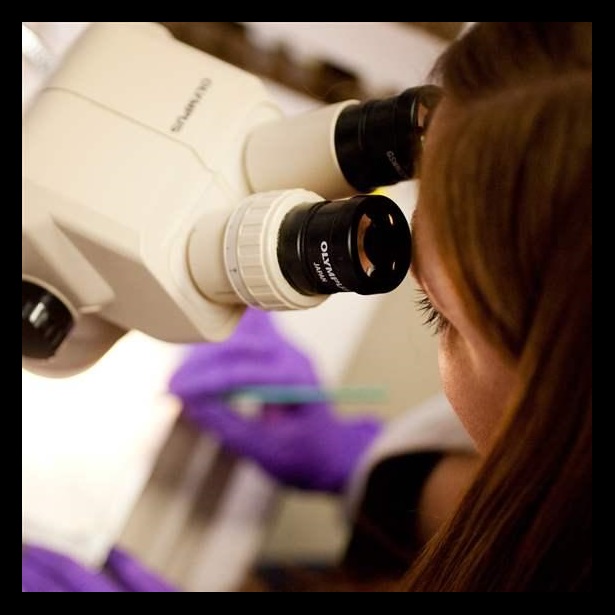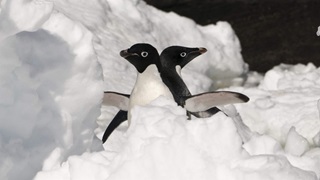Early-Career Cancer Researchers named as Pew-Stewart Scholars
PHILADELPHIA—The Pew Charitable Trusts and the Alexander and Margaret Stewart Trust announced today the newest class of Pew-Stewart scholars for cancer research.
Five standout scientists, nominated by the country’s leading cancer research institutions, will receive four years of flexible funding to pursue innovative work aimed at advancing progress toward a cure for cancer.
"This year’s impressive class of Pew-Stewart scholars is committed to excellence in every way," said Rebecca W. Rimel, Pew’s president and CEO. "They are determined to unlock the complex biological mysteries that make cancer such a devastating disease. We hope that their contributions to the cancer research landscape will echo for generations to come."
In 2014, Pew launched a partnership with the Stewart Trust—which has funded cancer researchers for more than 15 years—to begin supporting scientists trying to eradicate cancer. The 2015 Pew-Stewart scholars will pursue widely varied lines of inquiry in cancer biology, including the genetic basis of the disease, potential new therapeutics, and strategies that may bypass resistance to cancer-fighting drugs.
"The 2015 class of Pew-Stewart scholars is an exceptional group of outstanding young biomedical scientists, chosen by the committee with the expectation that they will be among the next generation’s leaders in cancer research," said Peter M. Howley, M.D., chair of the Pew-Stewart national advisory committee.
This year marks the 30th anniversary of Pew’s program to fund exceptional early-career researchers in the biomedical sciences—which, along with the Pew-Stewart program and the Pew Latin American fellows program, is designed to encourage informed risk-taking to bring about unexpected, powerful discoveries. The 2015 classes of Pew biomedical scholars and Latin American fellows were also announced today.
The 2015 Pew-Stewart scholars for cancer research are:
Mitchell Guttman, Ph.D.
California Institute of Technology
Biology
Min Yu, M.D., Ph.D. Adam de la Zerda, Ph.D. Trever Bivona, M.D., Ph.D.
University of Southern California
Biology and regenerative medicine
Stanford University
Structural biology and electrical engineering
University of California, San Francisco
Medicine and hematology/oncology
Cigall Kadoch, Ph.D.
Dana-Farber Cancer Institute, Harvard Medical School
Pediatric oncology, biological chemistry, and molecular pharmacology
Visit the program page to read the scholars’ full abstracts and learn more about the program.
###
The Pew Charitable Trusts is driven by the power of knowledge to solve today’s most challenging problems. Learn more at www.pewtrusts.org.
The Alexander and Margaret Stewart Trust, established in 1947, is a charitable foundation supporting nonprofit organizations that research, treat, and prevent cancer and pediatric illnesses. Learn more at www.stewart-trust.org.










